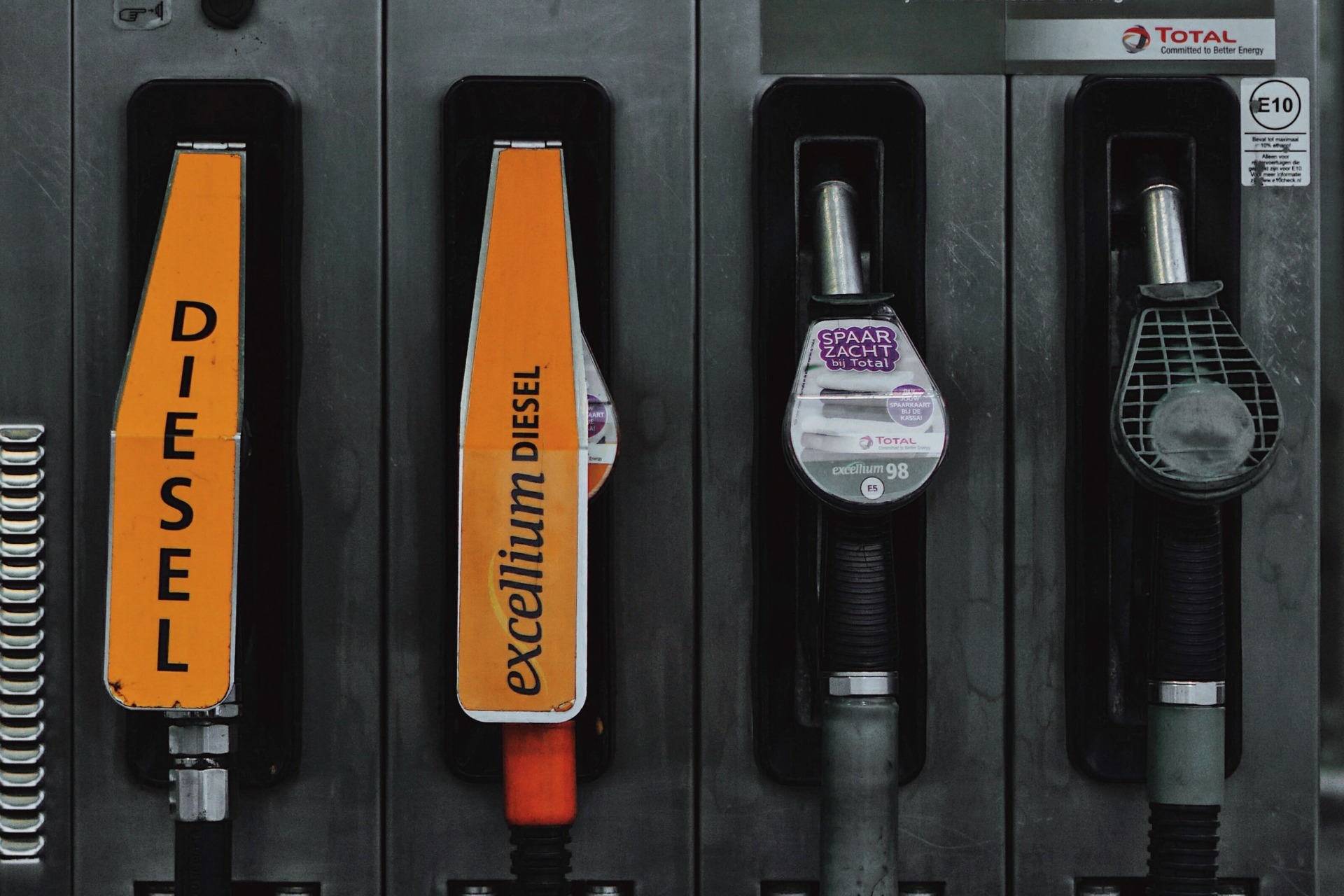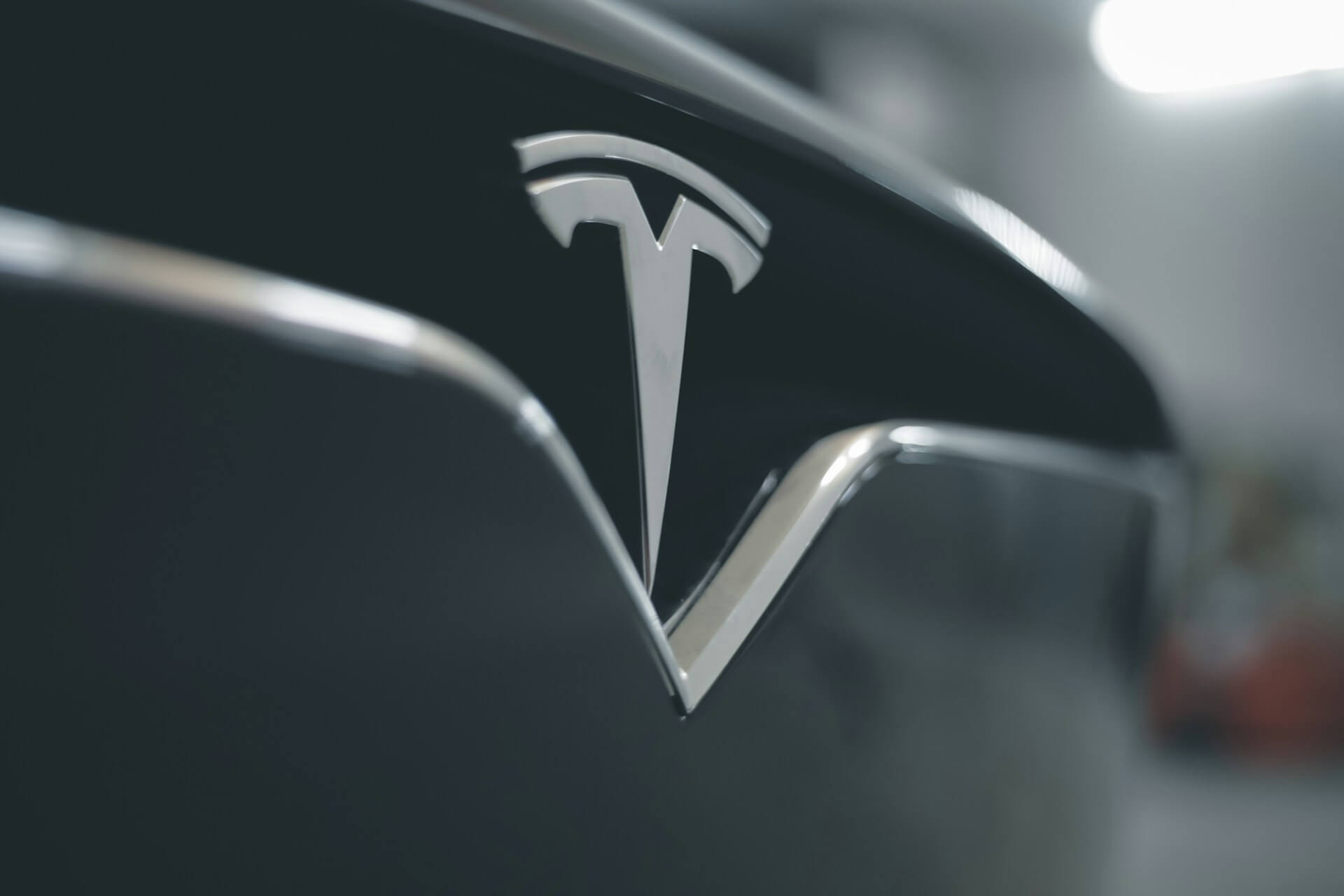Does Fuel Type Really Matter?
Jun 15, 2018

As an Amazon Associate, Modded gets commissions for purchases made through links in this post.
Look at a pump at your local gas station. How many different types of fuel does it have, not counting diesel? Three? Four? Five? More? There are so many distinct kinds of gas, each with its own price, that it can be hard to tell which one you should buy for your car. So, does fuel type really matter?
Is premium really that much better than regular? Should you be buying E85 for your car or avoiding it like the plague? Let’s take a closer look at the diverse types of fuel, and whether the one you use matters.
Octane Ratings
You see the numbers 87, 89 and 93 on the different types of fuel, but what do they mean?
Those numbers on your gas pump are what is known as the fuel’s octane rating, which is a measure of how resistant the fuel is to knocking during combustion. The higher the score, the higher the knock resistance.
When you get into the science of it, the active ingredient is known as isooctane, which is a molecule made up of eight carbon atoms and 18 hydrogen atoms. It’s not alone, though — there are actually around 200 active ingredients in an average tank of gasoline.
Isooctane was created to replace tetraethyl lead, which was added to gasoline to prevent pre-ignition and knock from the 1940s all the way through the mid-1970s. Lawmakers phased it out at that time, citing legitimate health concerns.
That’s also why today all gasoline is designated ‘unleaded’ — lead is no longer a primary ingredient. It’s also why classic car owners often have to invest in a lead additive for their fuel to protect the engine’s internal components.
However, most people with modern vehicles pick the cheapest option — usually 87 — when they fill up.
Types of Fuel
Let’s break down some of the different types of fuel you might encounter at your local gas station:
- Regular: Will have an octane rating of 87 and is acceptable for most cars
- Supreme: Will have an octane rating of 89 — may be recommended for some vehicles
- Premium: Will have an octane rating anywhere from 92 to 95, depending on where you are
These three you will see at nearly every gas station, along with a diesel option for trucks and other vehicles that don’t use gasoline. At some stations, you may also see:
- Super: Will have an octane rating of 97 or 98 — this is the highest-octane gasoline available in the UK
- Race: Some gas stations — like Sunoco — offer race gas as one of their options, which will have an octane rating of anywhere from 100 to 120
Ethanol fuels are also available at most gas stations. E15 — which is gasoline mixed with 15 percent ethanol — has an octane rating of 88, putting it in the middle between regular and supreme gasoline. E85, which is 85 percent ethanol, has an octane rating of 108. Unless you’ve got a hybrid car or one specifically designed to run on ethanol, you don’t want to put E85 in your tank.
With all these different options, how can you choose the best fuel for your car? And does fuel type really matter?
RTFM
If you own a car, this is an acronym you should become familiar with — RTFM stands for “Read the F****** Manual,” and in this case, we’re referring to your car’s owner’s manual. This handy little book will have all the information you need to maintain your vehicle, including the proper fuel octane to use to ensure optimum efficiency.
If your car requires higher octane gas, the chances are good that it has a higher compression ratio than a car that runs just fine with regular fuel in the tank. If you use a lower octane gas in a car that requires premium, it will ignite too soon and cause more engine knock.
Premium Requirement
So, what cars require premium fuel? Most of the time, you’ll find this fuel requirement in high-end luxury cars with high-performance engines, but there are also some less expensive cars that require you to use premium fuel, such as the 2016 Nissan Juke and the 2016 Scion FR-S.
For the more well-known domestic car brands, like Chevrolet and Dodge, you may only find one or two cars that require premium fuel. For Chevy, it’s the Corvette Z06, while for Dodge the Viper is the only car that needs premium gas.
If you’re curious, here is a list of all of the 2016 and 2017 cars that require premium fuel — there are 485 of them, and most are from luxury brands like Porsche, Jaguar and Aston Martin.
Casual Premium
But what about the rumors and advertising campaigns that claim filling up with premium gas on occasion, even if your car runs fine on regular, will it keep your engine cleaner? Does fuel type really matter?
It’s a Shell game — literally. Shell claims premium gas helps keep your engine cleaner. While they do put more detergent in their gasoline than is technically required by the EPA, no actual data proves their gasoline — or any premium gasoline, for that matter — keeps your engine any cleaner than regular.
At this point, the best advice we can offer is to read your owner’s manual to figure out the correct type of gasoline to use in your new or new-to-you car. If you want to spend the extra money on premium fuel for a vehicle that runs regular, that is entirely up to you, but don’t expect any magnificent power boosts.
Does Fuel Type Really Matter?
If your engine is knocking with regular — as old cars tend to do — you might benefit from going up an octane level. At the same time, you could also buy a tank of regular and add an anti-knock treatment to your tank. Either way, the result is the same, and the latter option might save you quite a bit of money in the long run.





